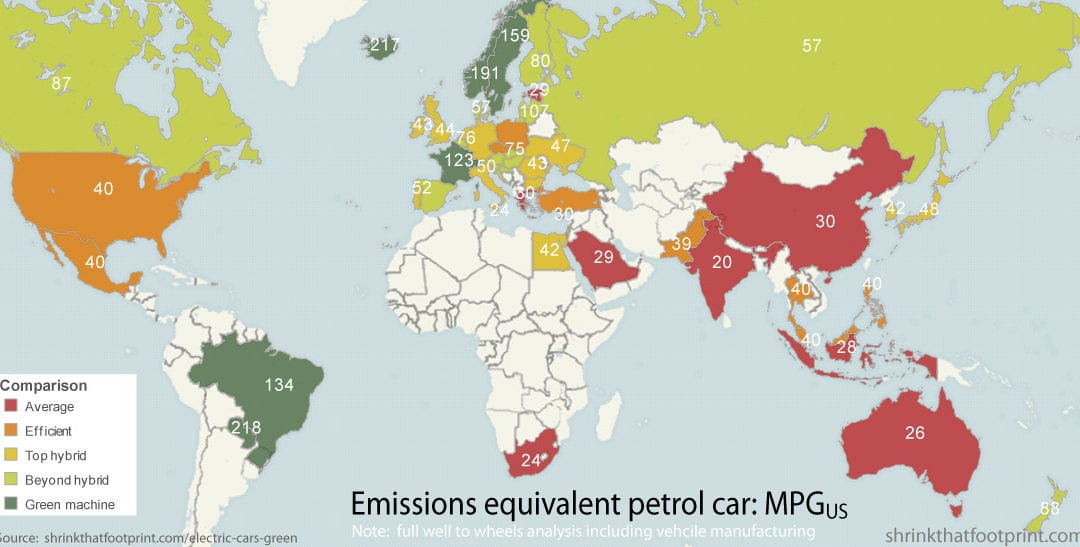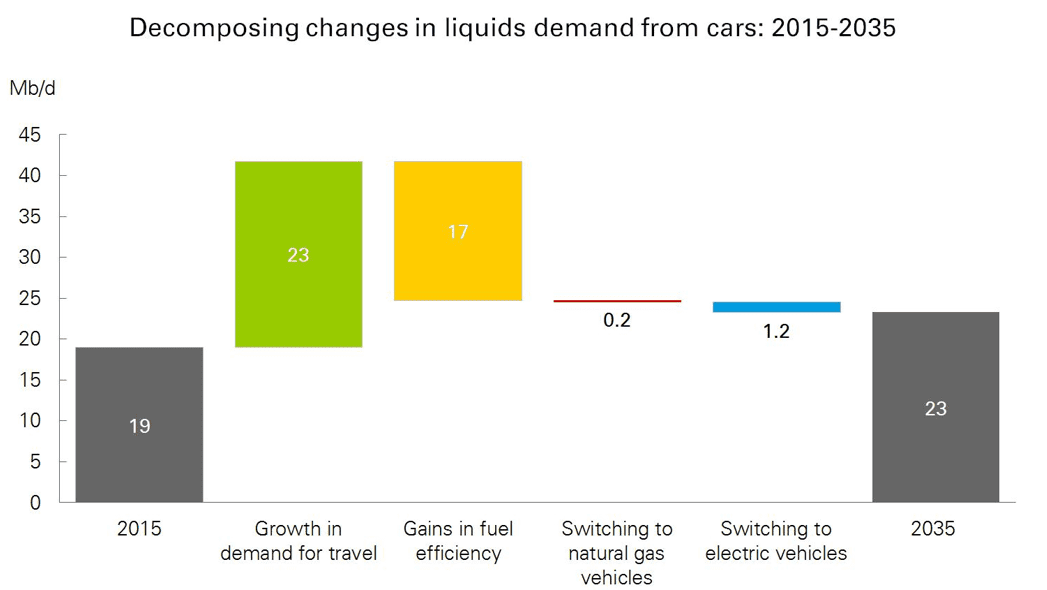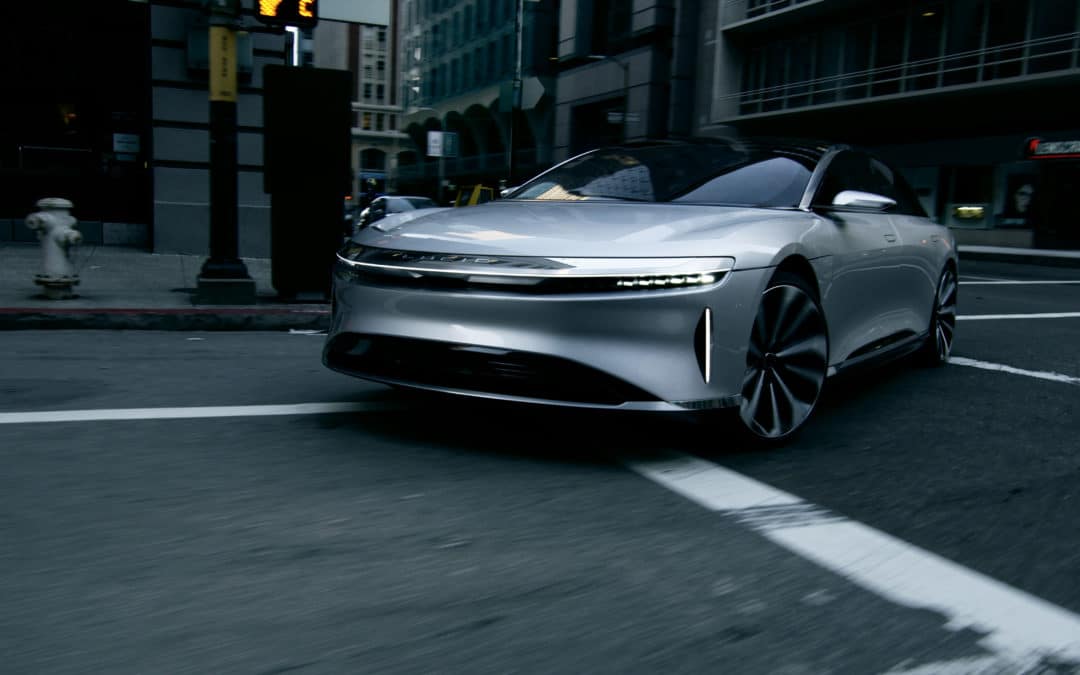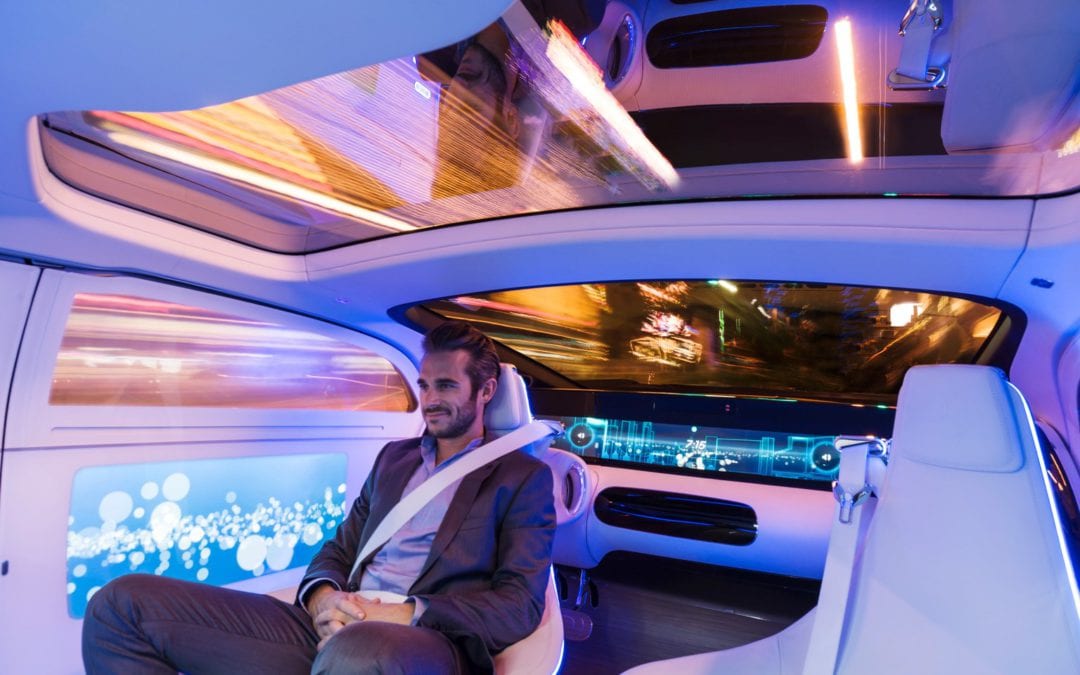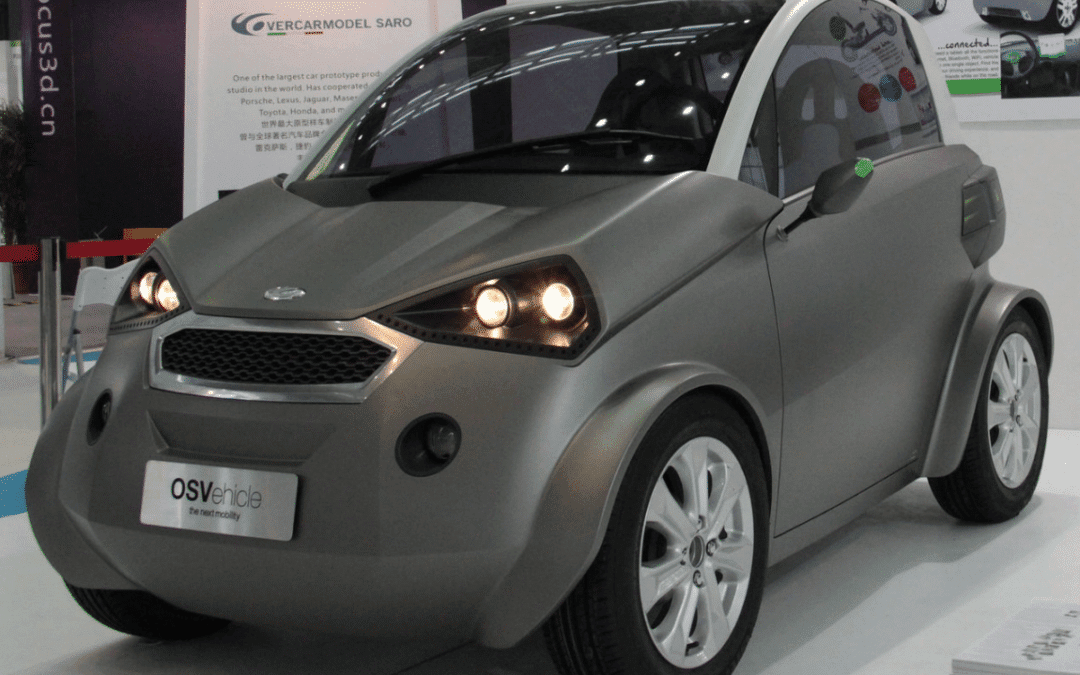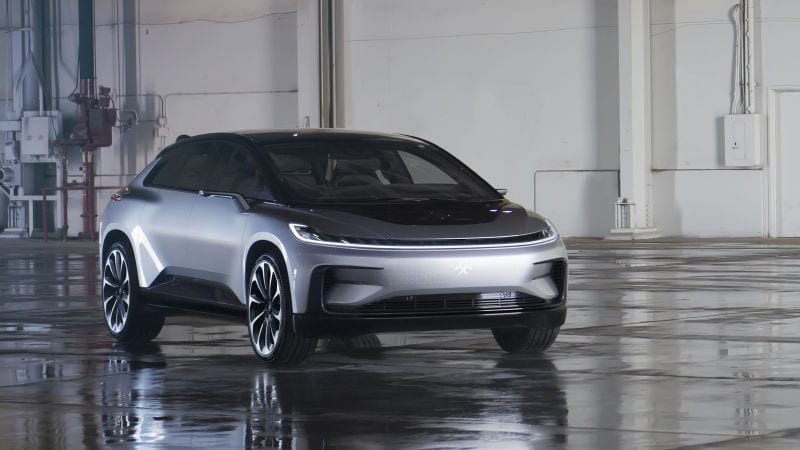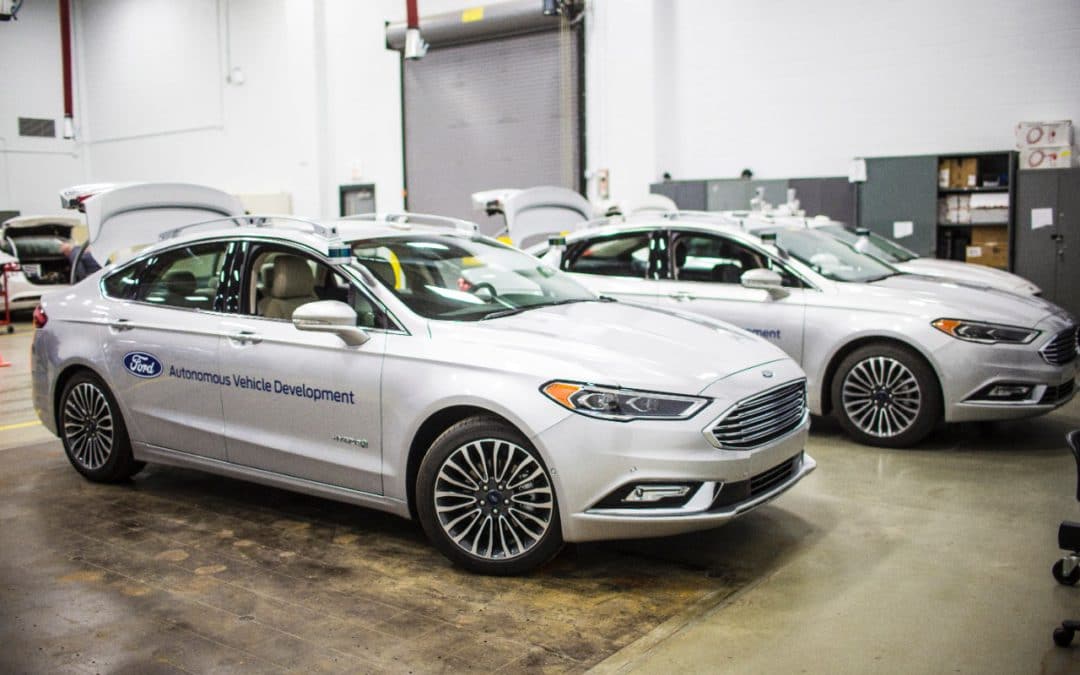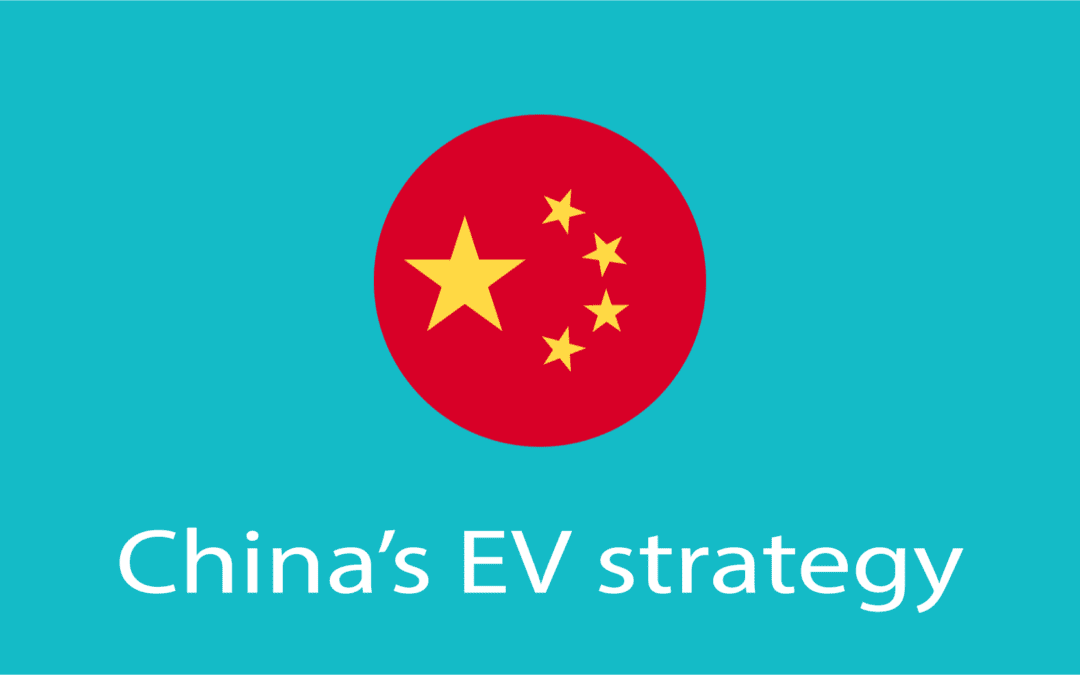
Top 5 Electric Vehicle News Stories Week 23 2017
TOP EV NEWS #1 – CHINA CALLS A HALT TO NEW EV PRODUCTION
Bloomberg released an unconfirmed report on Tuesday that the Chinese Government would place a moratorium on the release of EV production certificates as the country tries to manage the sustainability of the sector. Although the report remained unconfirmed at the time of going to press shares of automakers with issued permits rallied on the news.
In 2016 the Chinese Government announced that it would limit the number of EVs produced by regulating the sector through the issue of production certificates. The National Development and Reform Commission (NDRC), a body that oversees investments in the centrally managed economy, announced that only ten permits would be issued to produce EVs. At the time a much as 200 companies, including 30 IT companies, had business plans to profit from the government’s program to promote electric vehicles. It was estimated that the anticipated production would far exceed 50 million units per year. The Government further feared that the rush of newcomers to the industry would lead to inferior products harming the sustainability of its strategy to dominate the EV sector.
In May 2017 I published an article on the permitting process and the products and strategies of companies with issued production certificates. At the time Shenzhen GreenWheel received the 14th permit, allowing the company to produce 50,000 per annum. Since then a 15th permit, possibly the last for the foreseeable future, was issued to the newly formed JAC/VW joint venture, granting a production certificate of 100,000 per annum.
The Chinese Government targets to add 2 million new energy vehicles to the national fleet per annum by 2020. In 2016 the country sold more than 500,000 taking the total of EVs on the country’s roads to over 800,000 units. Should the report hold true, it leaves the question what would happen to the business plans of companies such as LeEco and NextEV with much-publicised intentions to develop electric vehicles. As recent as February this year LeEco was forging ahead with breaking ground on its 200,000 plant in Deqing, Zhejiang Province, a $1.8 billion project. NextEV made big strides in electric and autonomous vehicle technology through its NIO brand, breaking production records and setting the first autonomous lap record in the process with its NIO EP9 sports car. The moratorium could very well be for a short while until the Chinese EV sectors show signs of recovering from its recent slump. The Chinese EV sector which showed double digit growth until 2016 grew only 7% for the year to date in 2017. If the moratorium is expected to last longer, the incumbents might look at approaching other countries to assist them in developing EV plants.
Click for a list of the Chinese automakers with EV production certificates and their models.
TOP EV NEWS #2 – HONDA FINALLY UNVEILS ITS EV STRATEGY
Honda released its mid-term strategy, Vision 2030, this week as the company plays catch-up to the rest of the market as most of the Japanese automaker’s competitors have already formulated strategies for autonomous and electric vehicles through 2025. Like most of its peers in Japan and Korea, Honda placed its bets on hydrogen fuel cell vehicles, losing valuable runway on the electric vehicle trajectory that most of the sector now find themselves on.
Reuters quoted CEO, Takahiro Hachigo “We’re going to place utmost priority on electrification and advanced safety technologies going forward,” as Honda acknowledged it must look beyond conventional cars to survive. The company targets to have new energy vehicles contribute two-thirds of its model range by 2030, up from 5% currently. Honda has employed nearly $7 billion in R&D spend by March 2018 to support its strategy.
The company further announced that it would unveil a model based on its new independently designed EV platform in the 3rd quarter of 2017. The company will also start selling the Honda Clarity EV in the USA for around $35,000 in the second half of 2017. Unfortunately, the expectations for the Honda Clarity to fail is high as it only has a range of 80 miles per charge, competing with the 2010 Nissan Leaf in 2018.
TOP EV NEWS #3 – EV PIONEER FISKER TEASES EMOTION
Henry Fisker, the EV pioneer behind “Tesla killed” (as opposed to Tesla killer) Fisker Karma this week, unveiled the design specification for its 2019 production vehicle the Fisker EMotion. The Fisker EMotion is expected to have a range of 400miles and a top speed of 161mph. The vehicle employs proprietary charging technology, the UltraCharger, that charges 100miles in 9 minutes. The vehicle is equipped with LIDAR autonomous hardware. Fisker will employ the same direct sales strategy as Tesla and service through “The Hybrid Shop,” an initiative with THS. THS is a specialty EV servicing company with 36 service centers in North America, targeting 400 globally by 2019. The company will release more information during the month of June and pre-ordering will open from June the 30th.
TOP EV NEWS #4 – NISSAN AND BMW SLAMS OZ GOVERNMENT
Longtime Nissan Chairman, Carlos Ghosn, this week commented that he does not see electric vehicle adoption equal to that of other nations soon. The Australian Governments lack of support for the sector has received widespread criticism from the auto sector recently. Mr. Ghosn was quoted by Australian publication, Drive, saying “The subsidies are important to jump-start the technology and help the technology reach a new level. I understand that your government is going to issue a new policy. I will be waiting [to see] what are the components of this policy.” Earlier this year Nissan Australia CEO Richard Emery lashed out at the Australian government over a lack of support for the EV sector, describing his dealings with the industry as ‘amateur hour.’
Other automakers have shared the same sentiment, this week BMW country chief, Mark Werner, according to Car Advice said at the launch of the plug-in hybrid 530e iPerformance that the government has “stuck their collective heads in the sand.” “Our government is so far behind in their view of climate change,” he said. “Australia has shocking emissions levels. Worse than what we would call non-industrialised or third-world countries.”
EV sales in Australia totaled less than a 1,000 vehicles in 2016, while the smaller neighbor, New Zealand sold close to 1,500 in the same period.
TOP EV NEWS #5 – MAHINDRA ACHIEVES CHALLENGER STATUS IN FORMULA-E
Mahindra Racing took two podium positions in the 7th race of the third season of the Formula E series held in Berlin on Saturday the 10th of June. The Mahindra team stands a very good chance to end 2nd in the series with five races remaining as it lies only 17 points behind the second place Audi team. Multi-season winner, Renault had an unfortunate race, with its ace Sebastian Buemi being disqualified due to a tire pressure infringement. Mahindra has been very consistent over the season with some podium finishes but has never been able to clinch the top position. The 8th race will be held today and bodes to be an exciting spectacle.

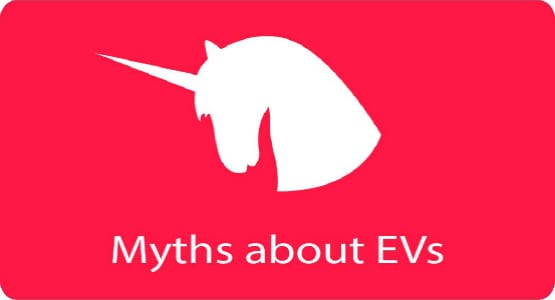







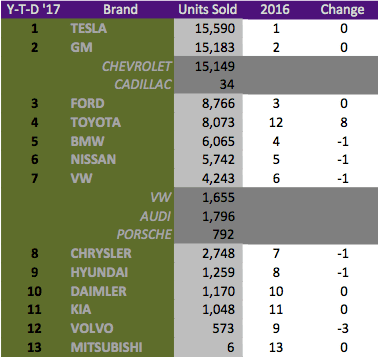 so far. May 2017 sales outperformed May 2016 with a 46% increase. The tussle between BEVs and PHEVs is to close to call as pure electric vehicles continue giving ground on the lead at had over PHEVs, with PHEVs outselling BEVs in May with 8,325 units vs. 8,243 pure electric vehicles which include the
so far. May 2017 sales outperformed May 2016 with a 46% increase. The tussle between BEVs and PHEVs is to close to call as pure electric vehicles continue giving ground on the lead at had over PHEVs, with PHEVs outselling BEVs in May with 8,325 units vs. 8,243 pure electric vehicles which include the 
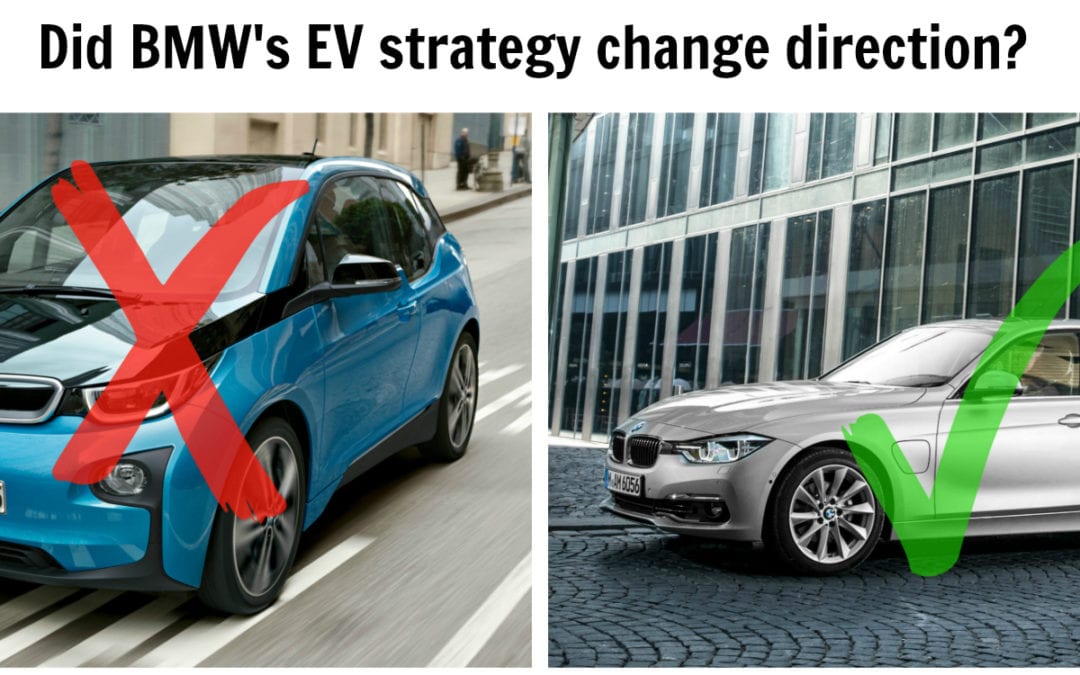
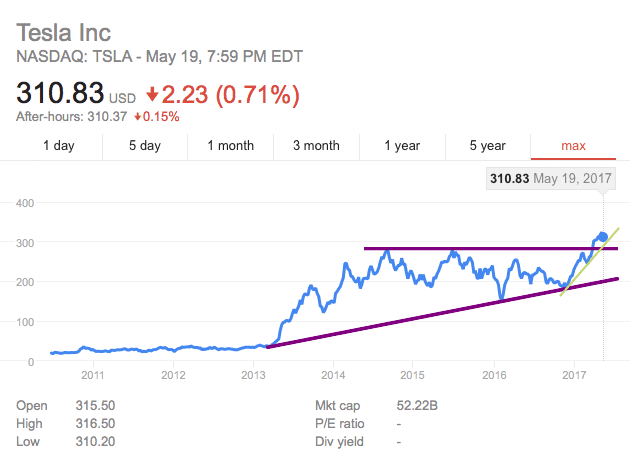
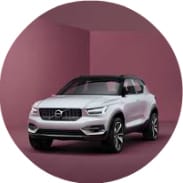 stop developing
stop developing 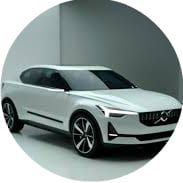 diesel engines. The company is expected to bring its first pure electric vehicle to market by 2019. The vehicle is expected to be based on one of its two Volvo 40 concepts revealed earlier this year shown here. Though it’s not decided if it would be an SUV or sedan, the electric car will be developed on the company’s new Modular Electrification Platform (MEP) and build in China. The EV will have a minimum range of 250 miles and priced around $40,000. Mr. Samuelsson acknowledges the role Tesla played in creating commercial interest for high-quality well-designed electric vehicles, an area aligned to Volvo’s strategy. Volvo just released a new improved range of diesel and petrol engines and with European regulation potentially adding as much as $340 per engine from 2020 diesel engines would just be too expensive to produce according to the CEO.
diesel engines. The company is expected to bring its first pure electric vehicle to market by 2019. The vehicle is expected to be based on one of its two Volvo 40 concepts revealed earlier this year shown here. Though it’s not decided if it would be an SUV or sedan, the electric car will be developed on the company’s new Modular Electrification Platform (MEP) and build in China. The EV will have a minimum range of 250 miles and priced around $40,000. Mr. Samuelsson acknowledges the role Tesla played in creating commercial interest for high-quality well-designed electric vehicles, an area aligned to Volvo’s strategy. Volvo just released a new improved range of diesel and petrol engines and with European regulation potentially adding as much as $340 per engine from 2020 diesel engines would just be too expensive to produce according to the CEO.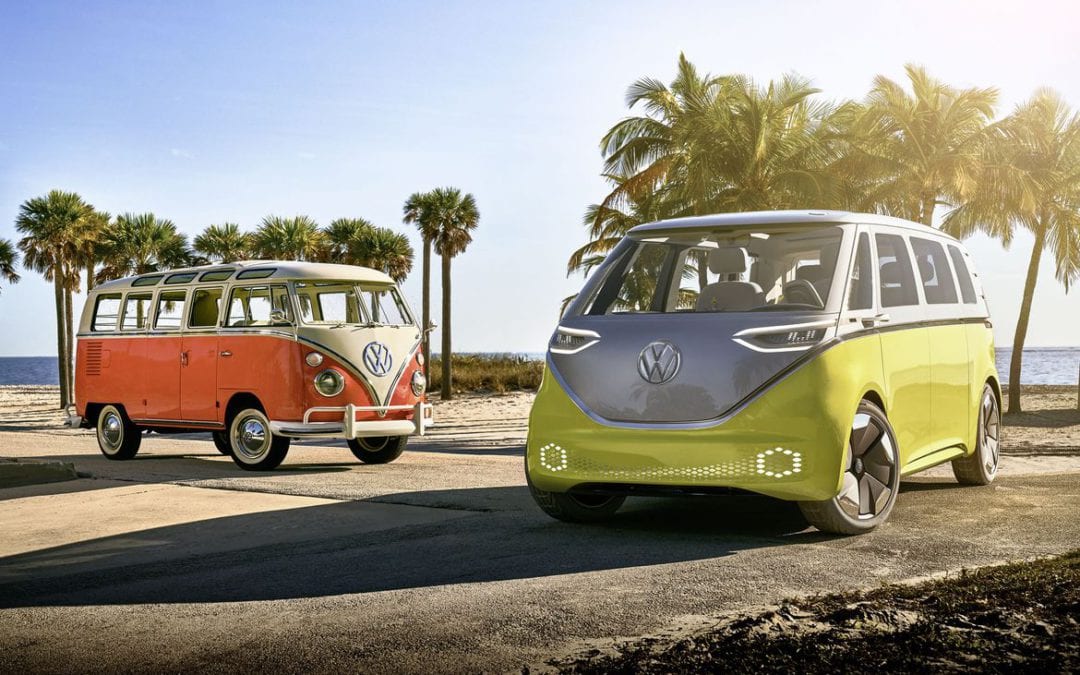




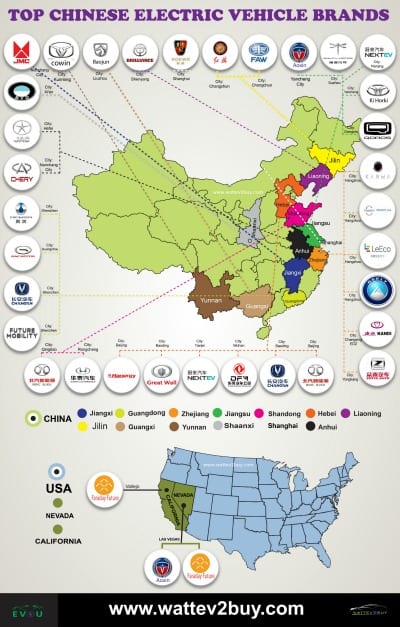 China’s
China’s  uto Show. The GE3 is expected to be market ready by 2018. The company launched its
uto Show. The GE3 is expected to be market ready by 2018. The company launched its 
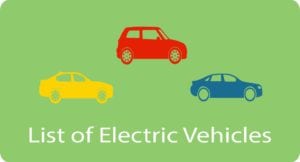
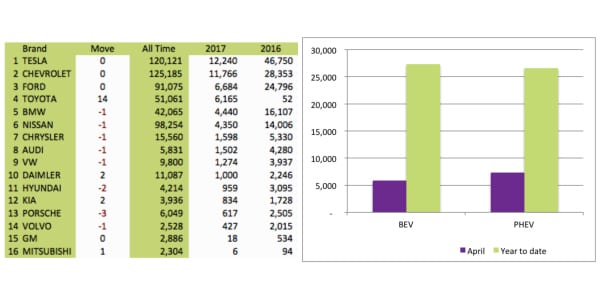

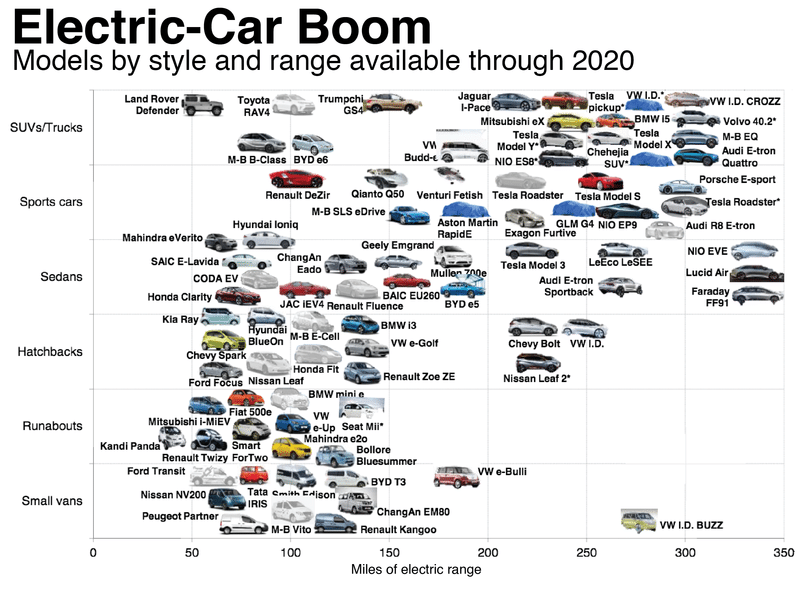
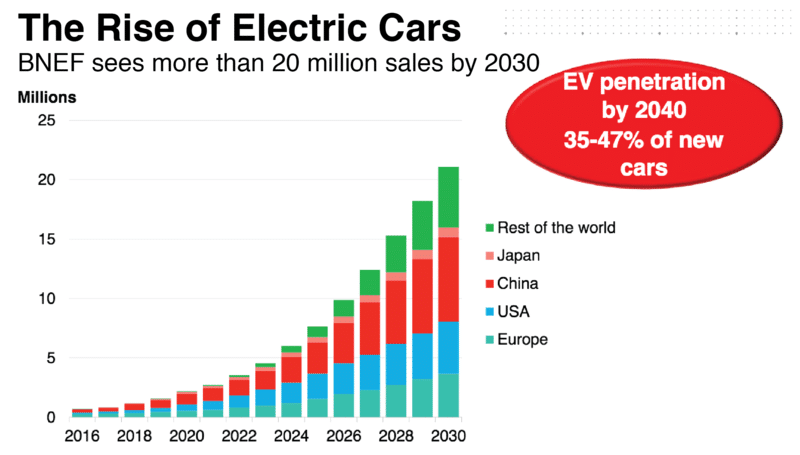
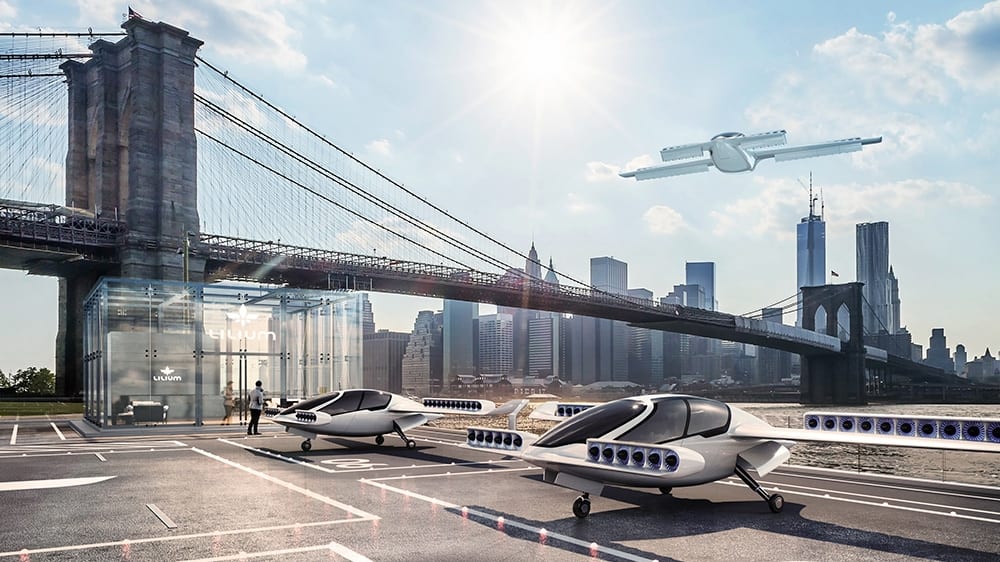
 Lilium’s business plan provides a flying five-seater taxi on demand. The Lilium Jet has a cruising velocity of 300km/h (187mph) and range of 300km. The design consists of a 10-meter wingspan, 36 engines, and works on the canard concept with powered lift.
Lilium’s business plan provides a flying five-seater taxi on demand. The Lilium Jet has a cruising velocity of 300km/h (187mph) and range of 300km. The design consists of a 10-meter wingspan, 36 engines, and works on the canard concept with powered lift.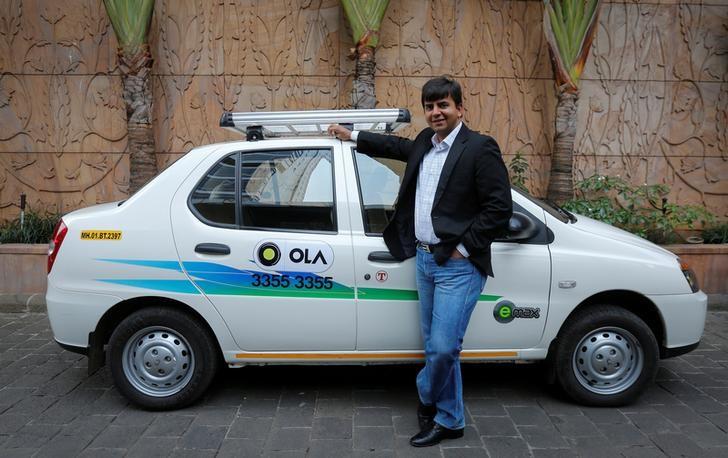
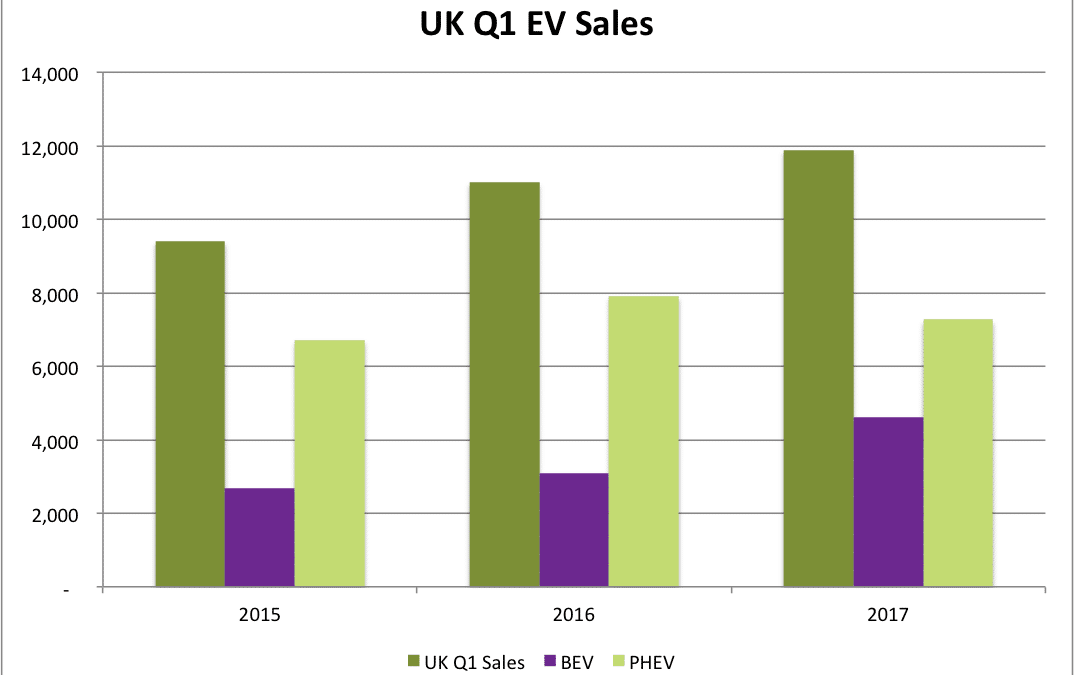

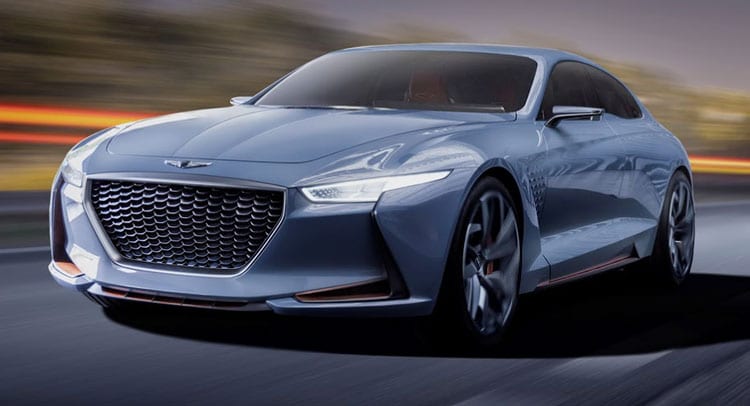

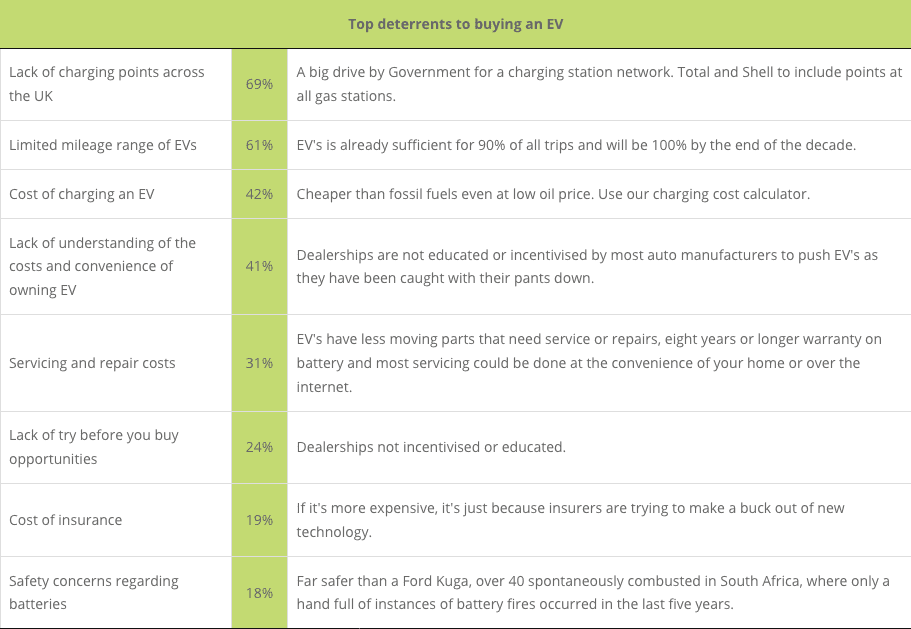
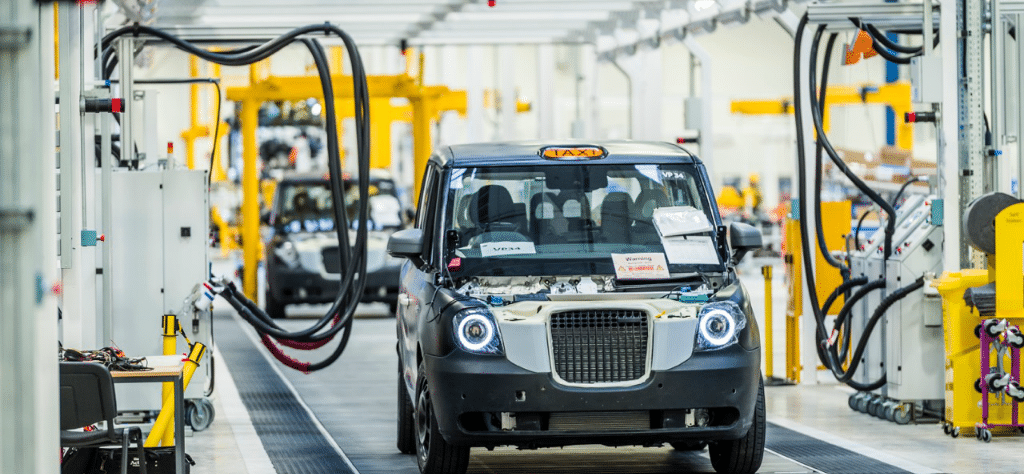
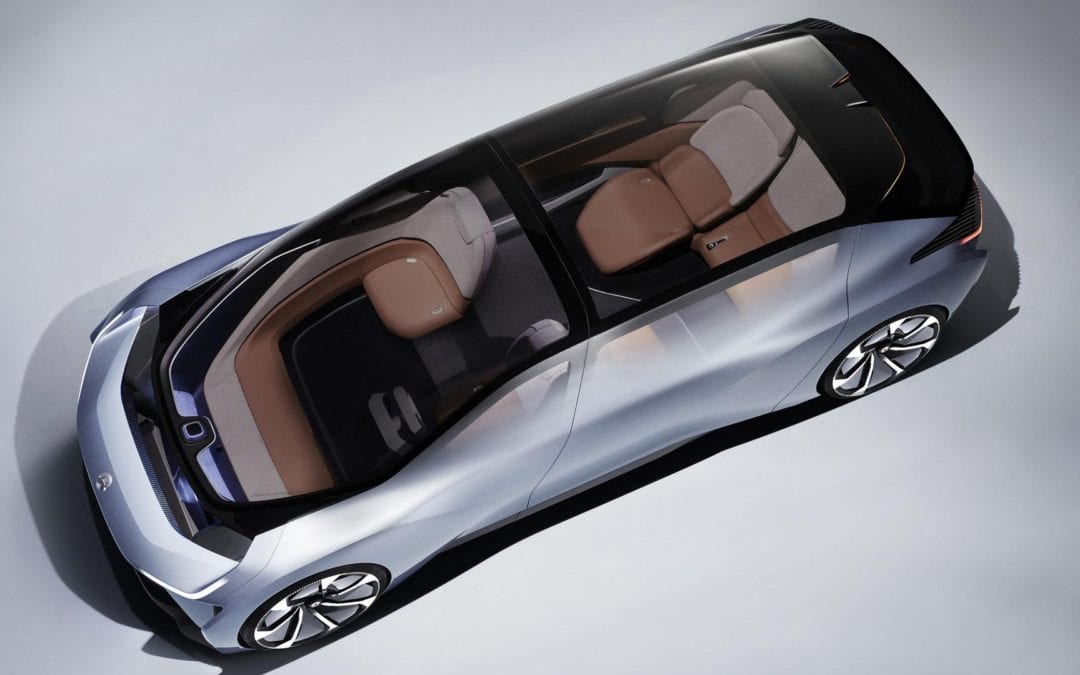
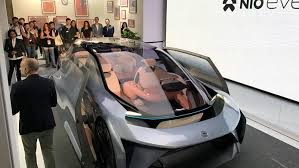 in Austin Texas
in Austin Texas 